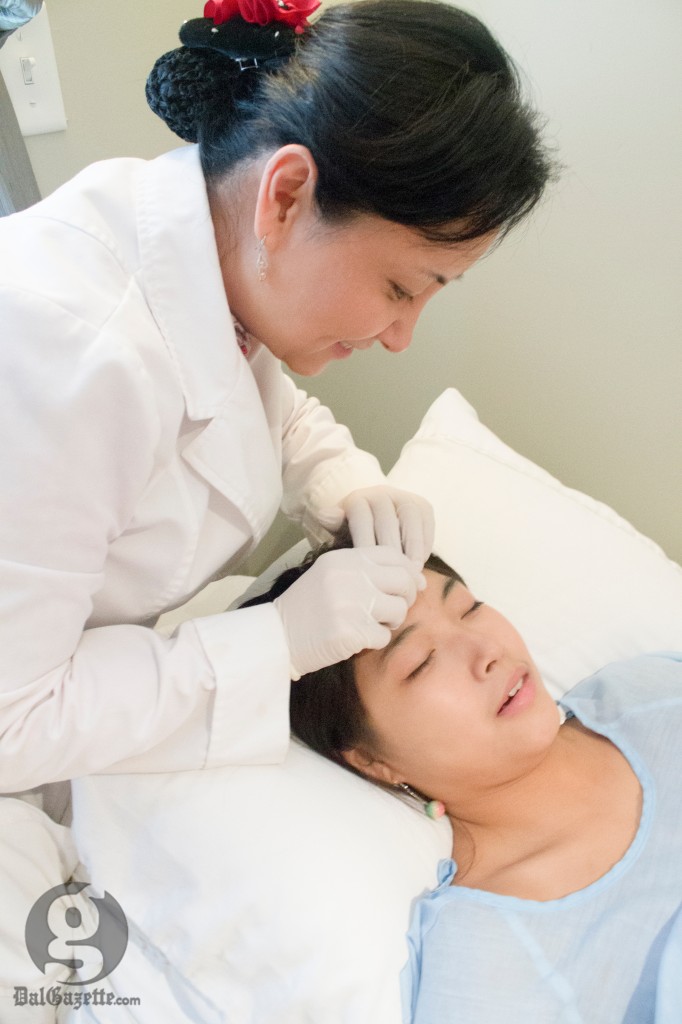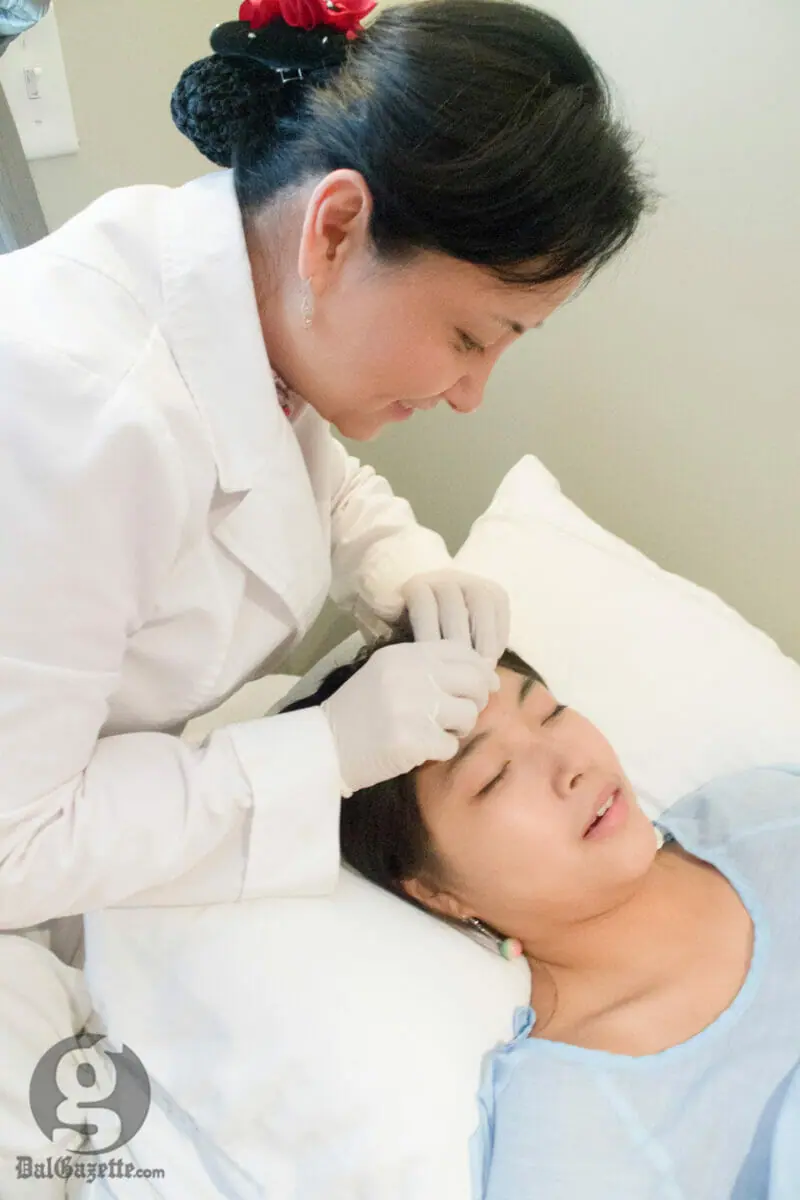
The DSU health plan will cover your prescription drugs and vision care. But you may be surprised to hear that their physio, acupuncture and psychiatry are all 100 per cent covered– if you visit the right practitioner.
One year after the introduction of the Student VIP preferred practitioner program, students and health care practitioners say this program had made treatments more accessible to Dal students. Yet many students remain unaware of this aspect of their health coverage.
The program allows students covered under the DSU health and dental insurance plan to receive 100 per cent coverage, for visits to preferred practitioners, such as the Dal Physioclinic, up to a maximum of $500 per year. The plan has a cap of $25 per treatment on health care costs students face when using their DSU health insurance coverage for claims at clinics not participating in the program.
Cal Bagnell, a second year student at Dal, says he did not know about the preferred practitioner clinics. As a result, he received only $25 of coverage for each round of physio.
The preferred practitioner program is a partnership between C&C Insurance Consultants—the organization through which the DSU purchases the health and dental package—and AIM Healthcare group. Eight other Canadian universities have signed on to the program, including Saint Mary’s University in Halifax and Wilfred Laurier University in Waterloo.
The AIM network includes clinics offering methods of treatment such as naturopathy, chiropaths, and acupuncture.
According to Robyn Spencer, a physiotherapist working at the Physioclinic, the program has made this type of health care more financially accessible to students.
“It has made a huge difference,” says Spencer. “More students are coming for that initial assessment and more students are seeking further treatment.”
Spencer says that prior to implementation of the program, many students would not attend after their initial assessment due to financial limitations.
This was a concern for her, she says, because as much as the therapists try to give students strategies and exercises that they can take away with them to help themselves, “sometimes there is a certain amount of treatment that is required from the therapist in order to get that back to 100 per cent.”
Many of the cases she sees are sports injuries, but strain and poor posture from studying can be another common factor.
“Any time you’re sitting at a desk for more than an hour you’re using your postural muscles,” she explains.
“So when you start to get bored and you start to lean on one shoulder, or you are sitting at a computer and you are hunched over it, then you start to get neck and shoulder pain.”
She adds that some students may not be aware that this type of posture can also lead to headaches that stem from the neck.
Mat Holden, a third-year commerce student at Dal who began to attend The Physioclinic this fall, applauded the initiative.
“I wouldn’t be able to come here if I didn’t have the coverage,” he says. However, he feels that the cap of $500 per year for each of the therapists covered by the plan may still prove prohibitive.
“It seems to be enough for one injury a year,” says Spencer, who also thinks an increased cap would further benefit students. She says that with repeated injuries a student is likely to go through the $500 cap, and may then still face a financial barrier.
DSU health plan administrator Samantha Morneau recognizes this limitation, but says it comes with any health plan. There are limits to what the DSU can offer, given that it costs only $253 per year for a student to purchase the plan, which works out to just over $20 per month.
“I do understand the financial complications for students because a lot of them don’t work,” says Morneau. She says the DSU is working to address this challenge through initiatives like the Student VIP preferred practitioner program, and also by raising last year’s cap of $400 for each type of therapy covered to the $500 limit this year. “I think with the new additions we’ve made we’ve offered students that extra level,” she said.
Second-year Dal student Ross George attends The Physioclinic for sports injuries. “Most people don’t realize the benefits of it,” he says. “I’d say it’s not getting enough exposure.”
Spencer says that providing students with more information about treatments such as physiotherapy, chirotherapy, and acupuncture as part of the literature about the DSU health plan may help them to make more informed decisions about their healthcare, and understand why these treatments are relevant to them.
“Whether the problem is stemming from inactivity or overuse,” Spencer says, “we’re a good resource to allow students to live a healthy, active lifestyle.”


Recent Comments